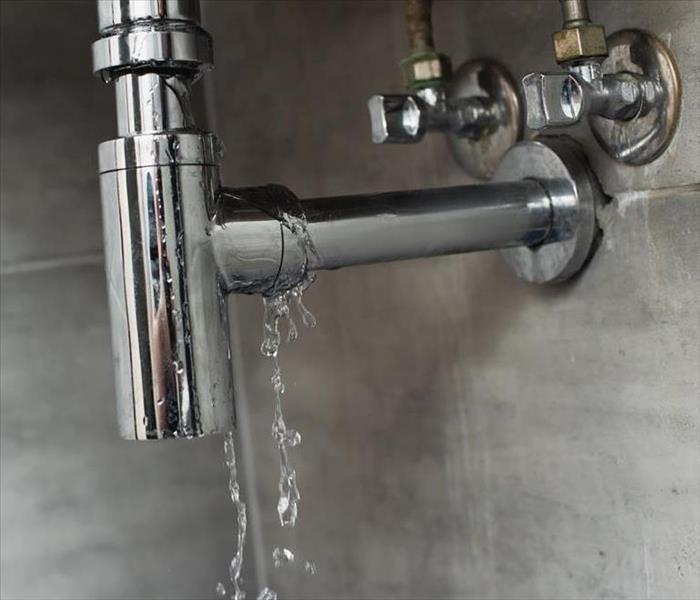What To Know About Making a Residential Water Damage Claim
4/9/2022 (Permalink)
Making a water damage claim for your home can be a stressful experience. That is because homeowners' insurance policies are often confusing. Typically, damage caused by emergency situations, such as bursting pipes, is included in your policy. Other types of damage that may be covered include:
- Sewer backup
- Floods
- Storms
- Overflow
Yet even a robust policy does not cover all kinds of damage. Here are some things you should know before making an insurance claim.
When Is Water Damage Covered by Insurance?
Your insurance policy should cover a sudden and accidental discharge of water in your Salt Lake City, UT, home. However, most policies exclude coverage for gradual damage that occurs over an extended period.
Over time, parts of your home will experience wear and tear. This could result in water damaging various parts of the house. For instance, basement cracks could cause liquid to seep into the lower level of your home. A leaky pipe could also lead to a buildup of water inside your walls.
Insurance companies believe that you need to take reasonable steps to care for your home. That means inspecting the property regularly and fixing any issues right away. If your house suffers gradual damage, the insurance company will assume that you were negligent in your maintenance of the home and will likely deny your claim. You will then have to pay for water restoration services yourself.
Still, even this general rule has some exceptions. You may have to pay to replace or fix broken pipe yourself if the harm to the pipe occurred over time. However, the insurer may still cover any resulting damage that occurred as a result of the break.
Another common yet complicated situation occurs when a tree falls onto a roof and creates a hole. Your insurance provider will likely cover the costs of fixing the hole and addressing any damage caused by the water entering your home through the hole.
Yet what happens if you notice new water or mold damage near the hole months after the repairs have been completed? In this case, your insurer may still cover this additional harm if it was also caused by the original roof hole.
In general, mold is not covered by home insurance policies. Yet you may have coverage if the mold results from bursting pipes or another covered peril. Ask your insurance broker if it is possible to add mold coverage to your policy.
How Can You Decrease the Chances of Your Claim Being Denied?
There are several things you can do to prevent the denial of your water insurance claim. First, make sure to purchase a policy that addresses all of your needs. Do not be afraid to ask about any add-ons, such as mold coverage.
Performing timely repairs of your home is important, as well. Your claim will likely be denied if the provider determines that you have not been taking care of your property. Keep records of all repairs that you or a third party has performed over the years.
While damage caused by bursting pipes is often covered by insurance, your provider may reject other water-related claims. By performing regular maintenance on your home, you should increase the odds of your claim being accepted.





 24/7 Emergency Service
24/7 Emergency Service
